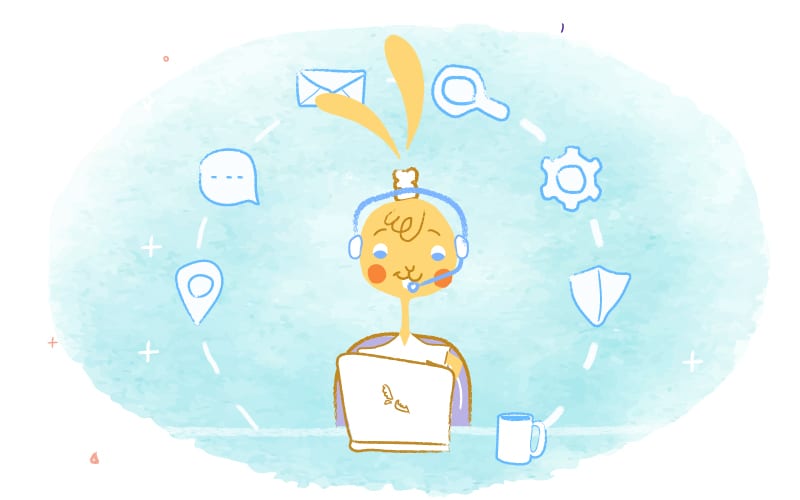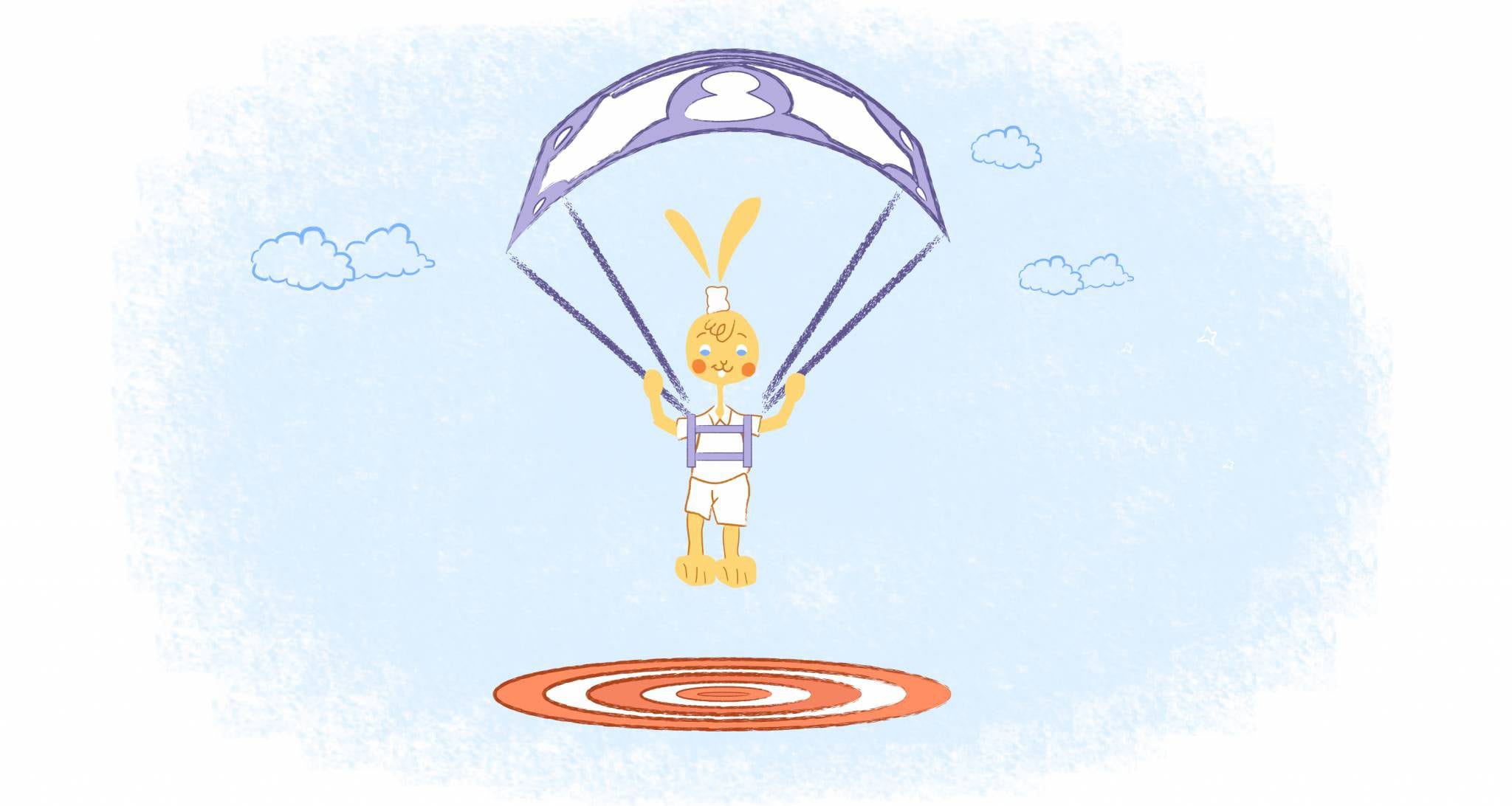

These days everyone is searching for ways to do more with less. Cut costs, decrease time, and increase productivity and you can maximize business profits.
Therefore, those who possess the ability to multitask well can be in high demand and get paid more for what they do. But is there a price to be paid for trying to be too efficient?
Some people believe there is. There have even been studies about multitasking that suggest multitasking is not all it’s cracked up to be. In fact, there are at least 7 ways multitasking can slow you down.
1. Raises the Switching Cost
One of the ways multitasking can slow you down is when you switch tasks too frequently. A certain amount of time is lost every time you change from one task to another. The reason is because it takes a little while for your brain to adjust to the switch.
Furthermore, you must reacquaint yourself with where you last left off and what must be done next. This is called the switching cost and it increases with the complexity of your work. The more time it takes to switch tasks and the more times you do it, the more it can slow you down.
2. Increases Mistakes
When you truly try to complete more than one activity at a time it can increase the number of mistakes you make. In addition, some people don’t even realize it because they think they are good multitaskers when in fact they make the most errors.
An article by CNN suggests that those who multitask pay less attention to the tasks they are completing. This likely contributes to the higher number of errors multitaskers may have in their work.
3. Adds to Stress Levels
Another of the ways multitasking can slow you down is by adding to your stress levels. When you try to do too many things simultaneously you put extra pressure on yourself.
Extra stress and pressure will eventually catch up to you and force you to take breaks through illnesses or other health problems.
4. Damages Your Brain
Believe it or not, too much multitasking can actually damage your brain according to some studies about multitasking. The grey-matter density of those who were studied was lower in the subjects that multitasked.
The part of the brain affected is responsible for cognition and emotions. This adds to the idea that multitasking may even add to emotional problems like depression and nervousness.
5. Affects Your Memory
It just makes sense that if you are trying to do more than one thing at a time you aren’t going to catch every detail of either thing. This is another reason multitaskers make more mistakes than those who concentrate on one job at a time.
6. Reduces Creative Thinking
An additional way multitasking can slow you down is by reducing your creative thinking. Trying to multitask uses more of your working memory.
Unfortunately, when your working memory is used up you aren’t able to use creative thinking skills.
7. Causes Repetition
When you have to return to a task multiple times because you are multitasking you may have to repeat some actions. For example, you may have to re-open apps or other programs multiple times which does take some time.
The more often you repeat movements the longer your work will take and slow you down.
There are lots of ways to be more productive and do more with less. Multitasking, however, just doesn’t happen to be one of them.
Do you intend to do less multitasking now that you know it can slow you down?











Kayla Sloan
Kayla is a financial productivity expert that wants to help everyone pursue a life of freedom. My goal in life is to help people feel less chained to their jobs. You deserve to find the best. Lets get their together!